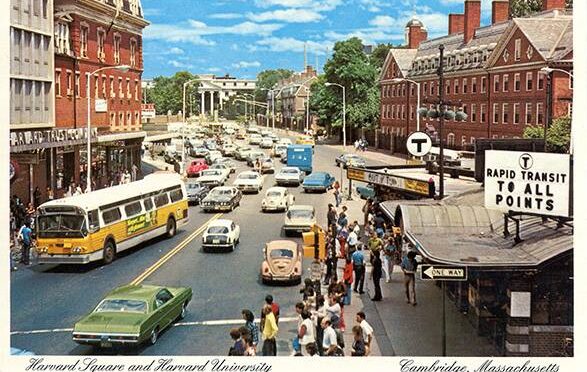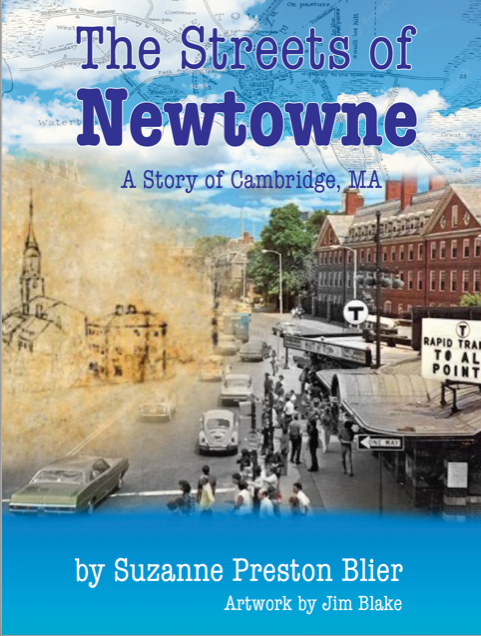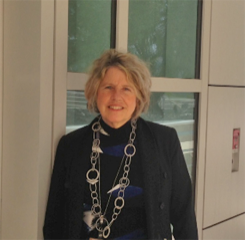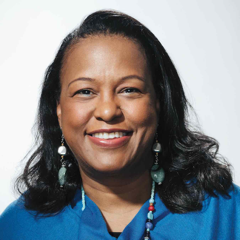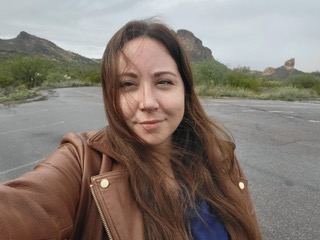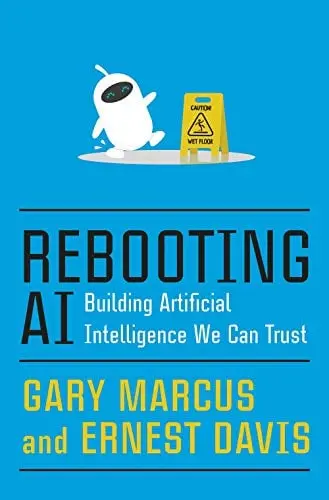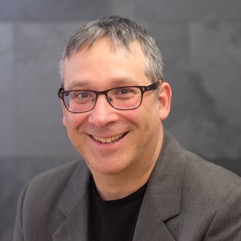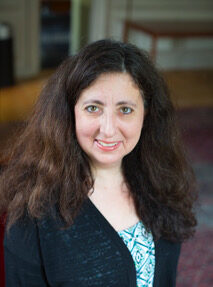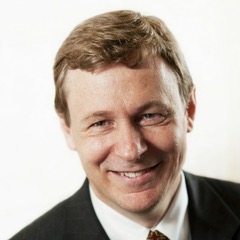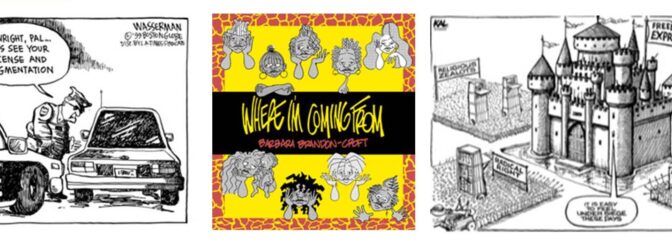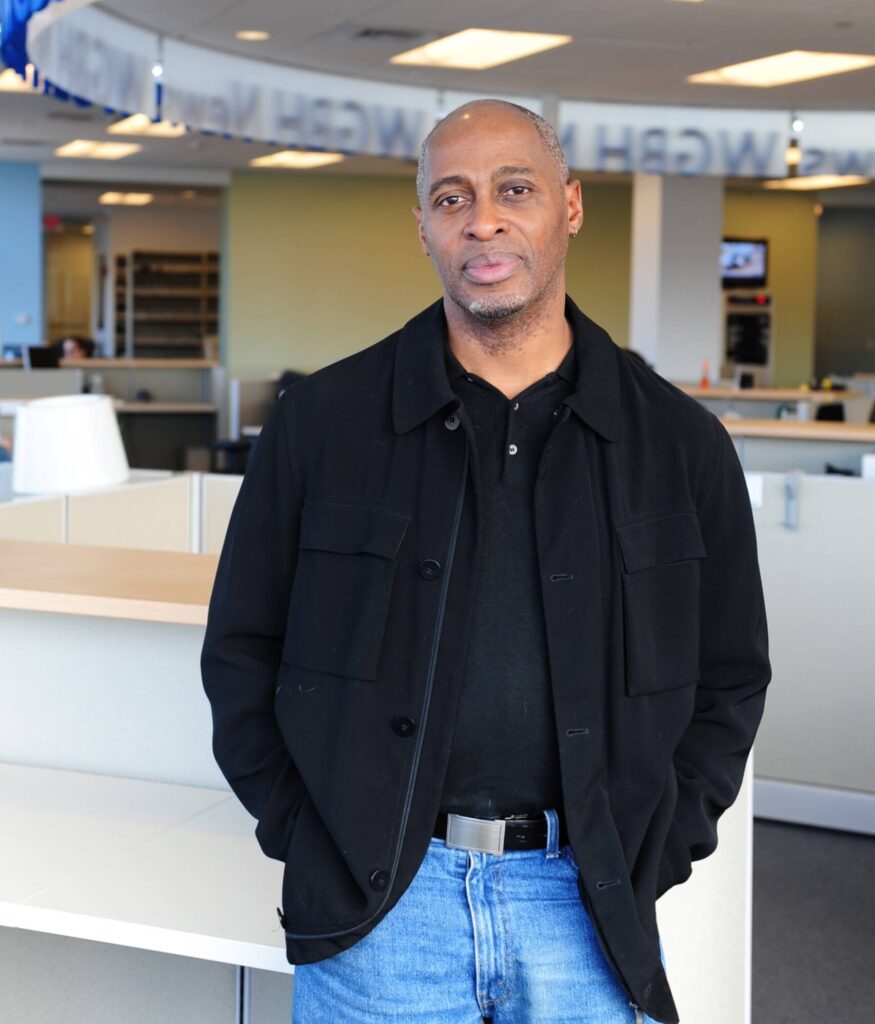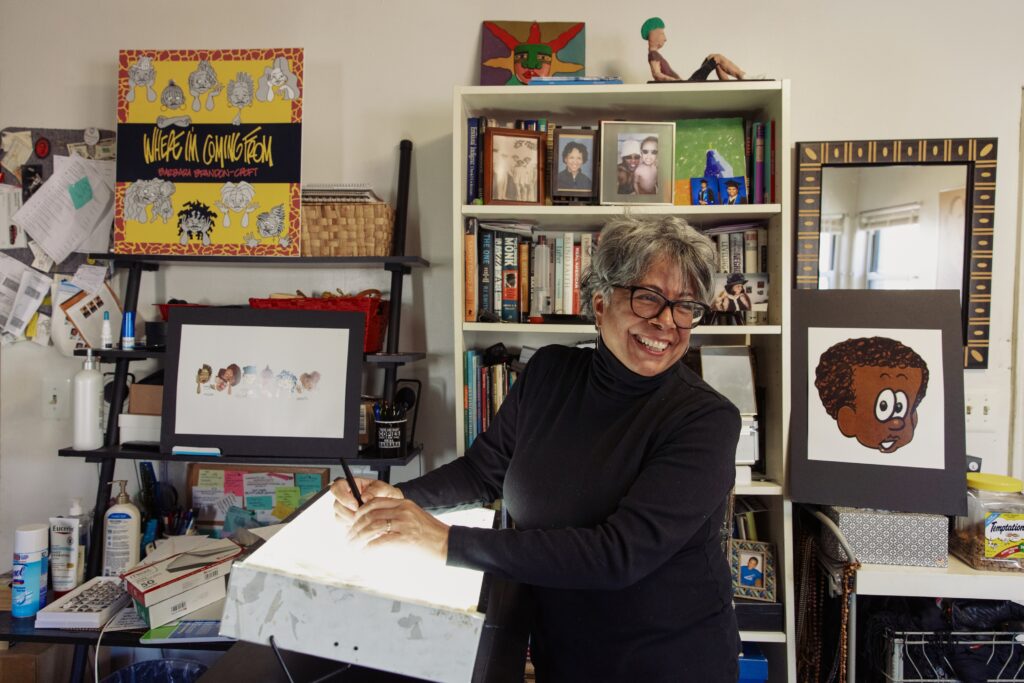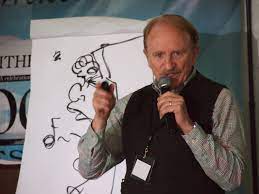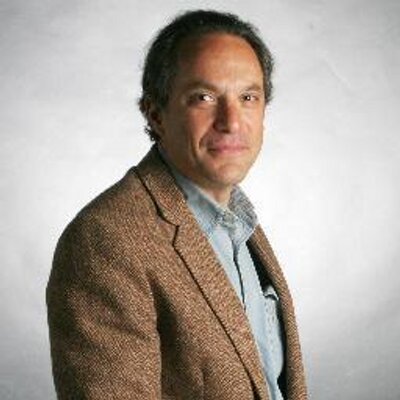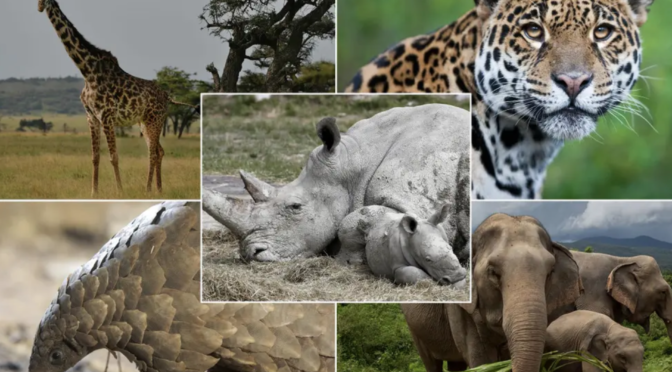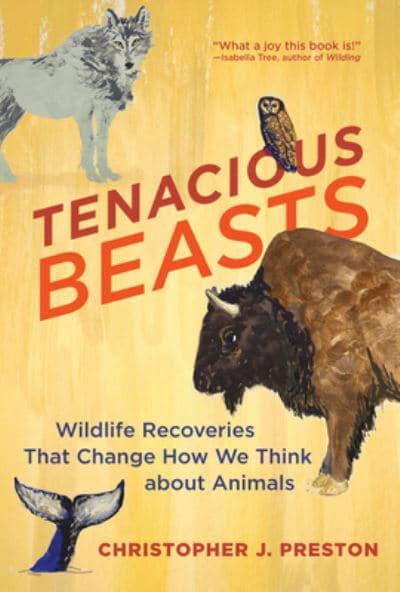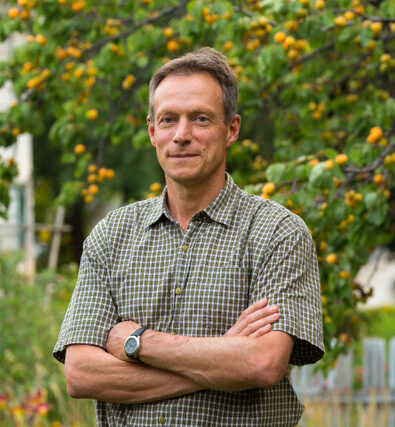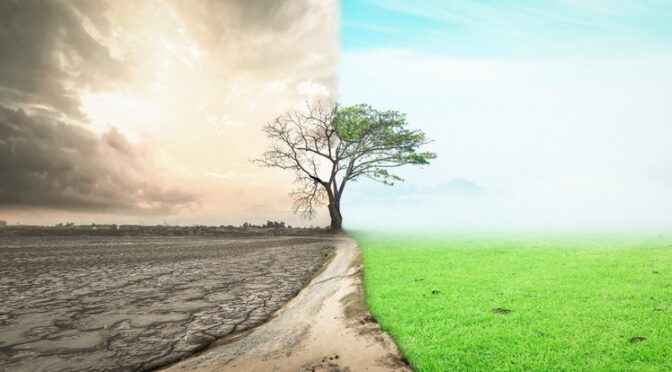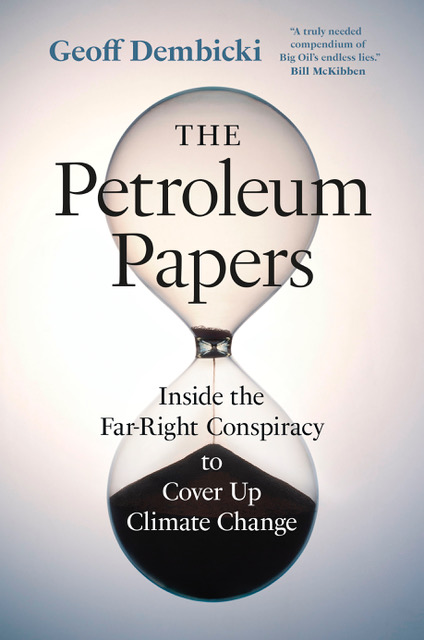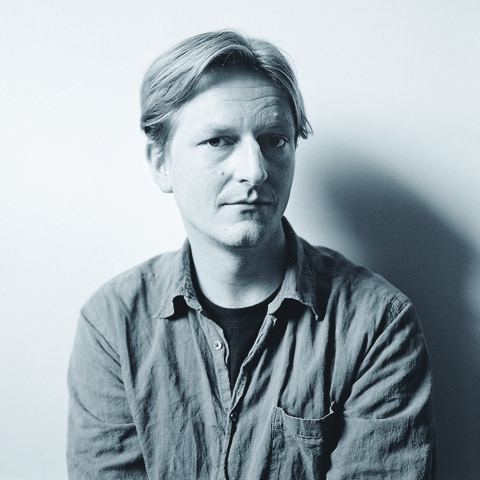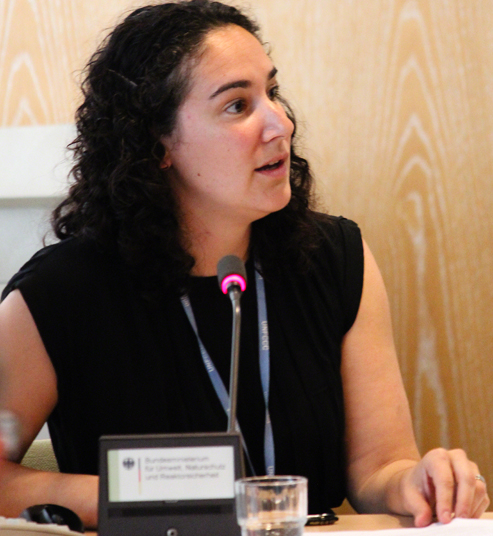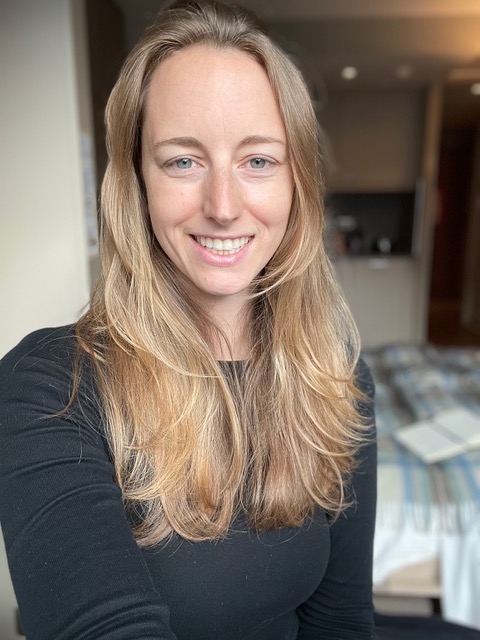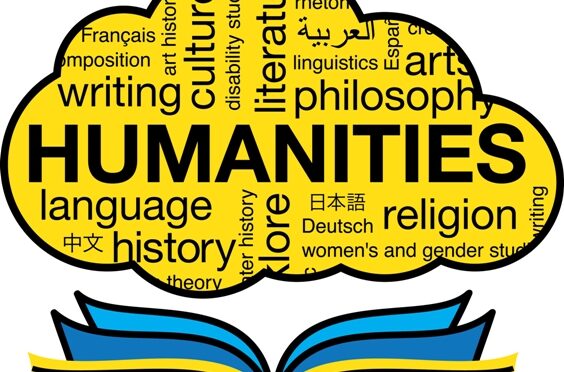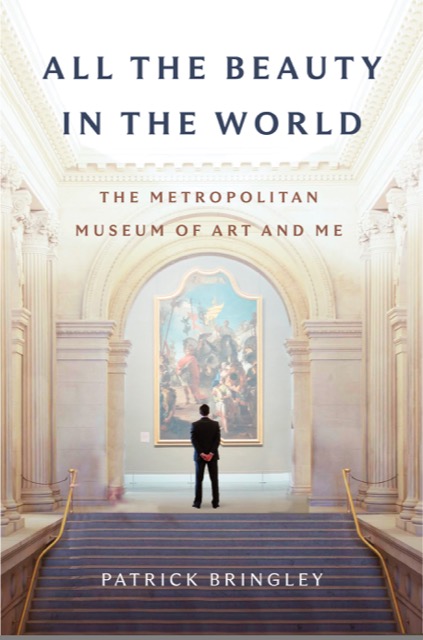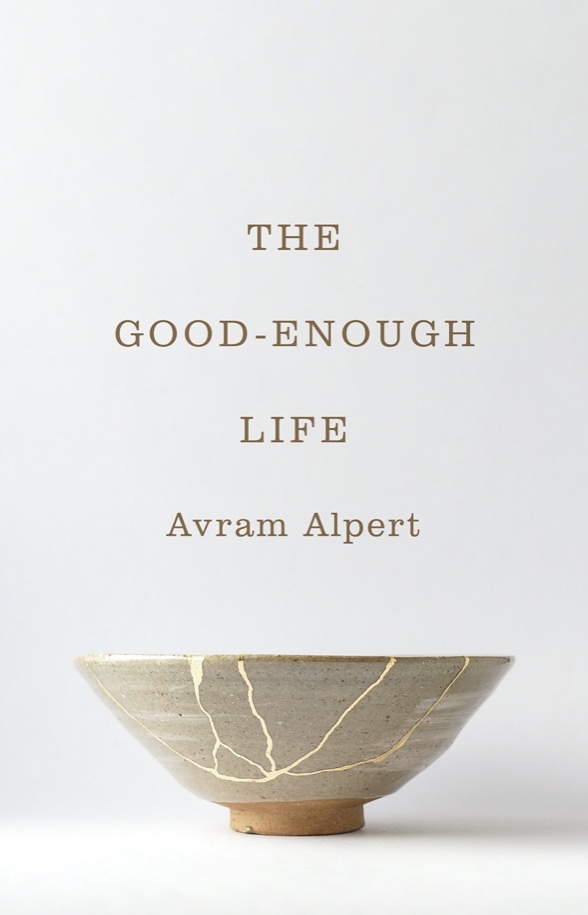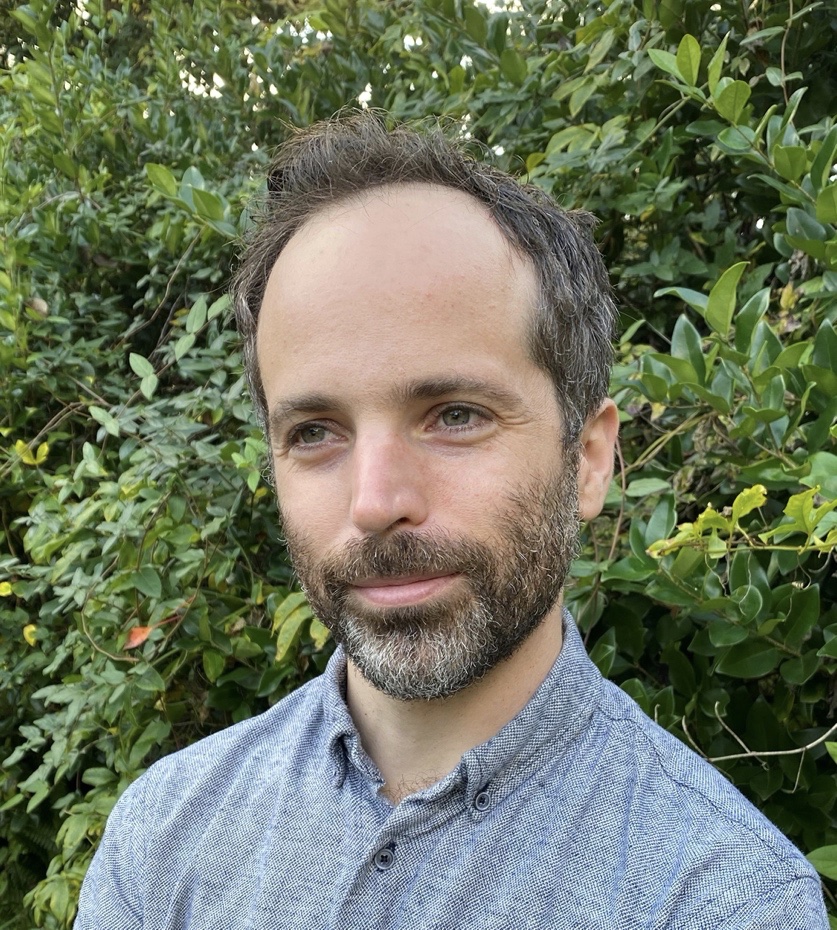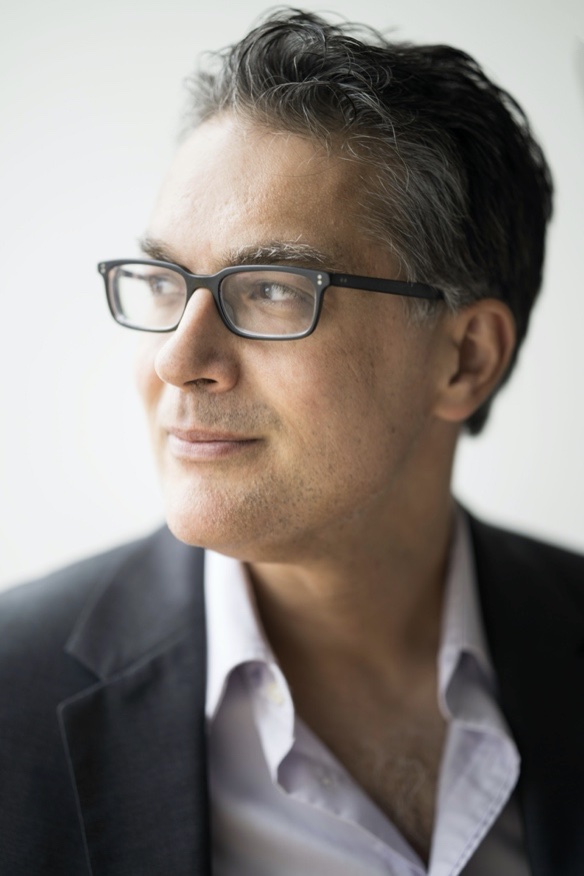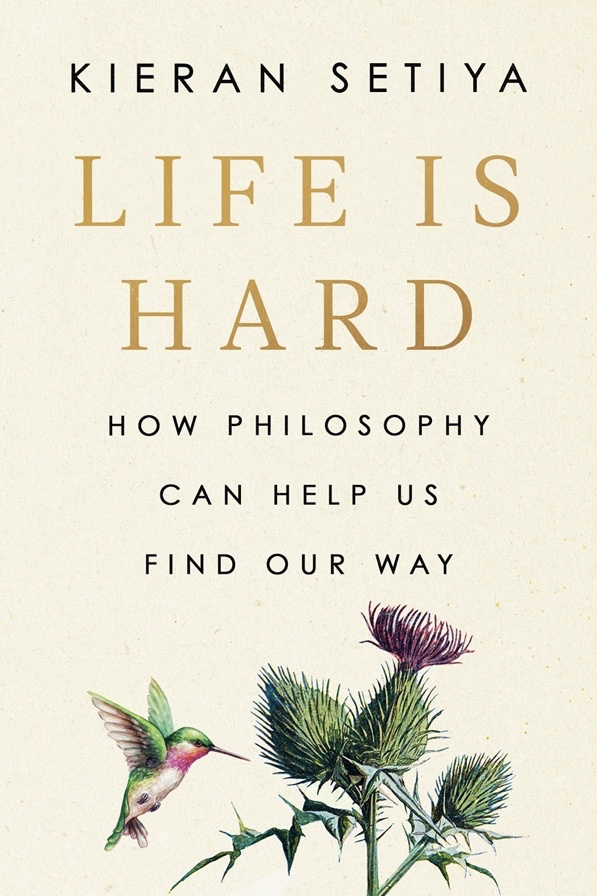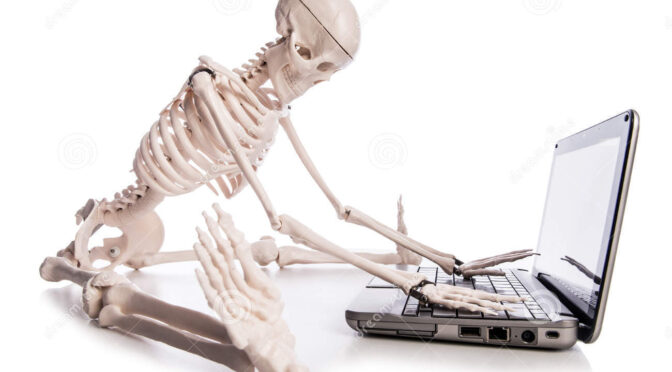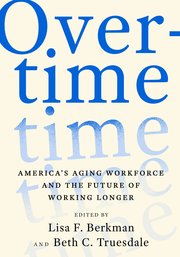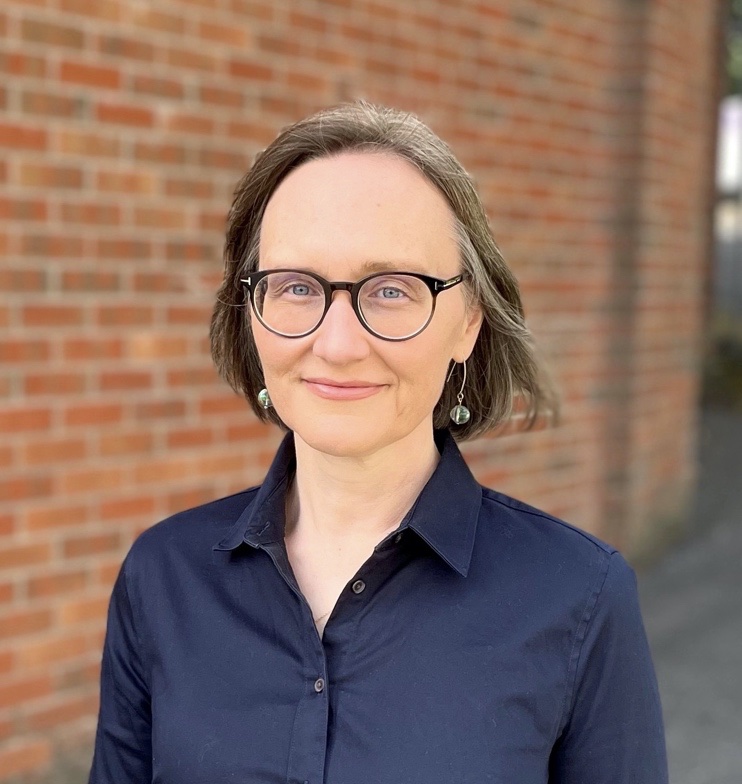What can be done to break our toxic addiction to plastic, and to terminate its lethal global legacy?
Recorded May 30, 2023
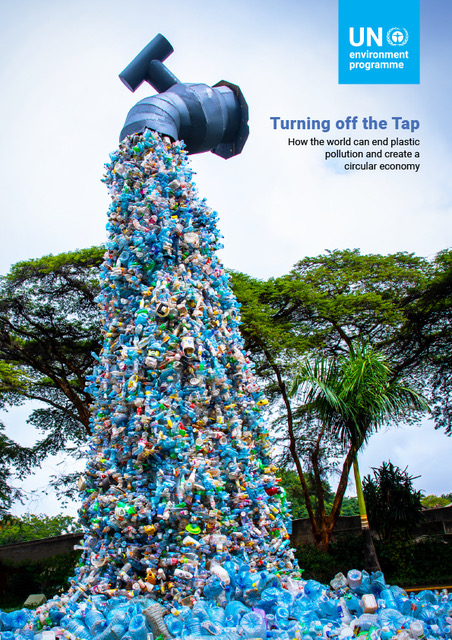
The old adage about the “free lunch” fits plastic perfectly – there is no such thing. Yes, at first it was shiny, bright and inexpensive and seemed like it could be used for almost anything – until we got the price tag. And now it might be too late to fix it.
100 years down the road the world is discovering the myriad unintended consequences of plastic which far outweigh its cheap convenience. Almost daily, scientific research brings us fresh horrors about plastic; it is no longer just turtles or whales choking on the stuff, now it has invaded us. Microplastics are in our blood, human breastmilk and even our brains. Little did we know that when we put plastic into medical devices and food packaging, it would leach into those syringes and water bottles causing dangerous health consequences intrinsically and extrinsically.
Only 5% of plastic can be recycled so that means 95% is being dumped into our oceans, landfills and bodies at an unremitting pace. To help us understand the scale of the problem and see what steps California and other countries are already taking with the Global Plastics Treaty we will speak to John Hocevar, Greenpeace’s Oceans Campaign Director, Veronique Greenwood, a science journalist and essayist who frequently contributes to the New York Times and National Geographic and Dr. Roberto Lucchini is Professor of Environmental Health Sciences at Florida International University.

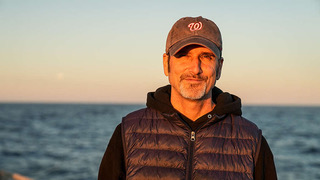
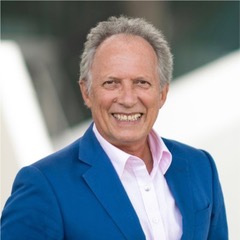

Support our mission to provide free an open discussions about the pertinent issues and ideas confronting us, in the world today. Express your appreciation for our work – just hit the button below.


